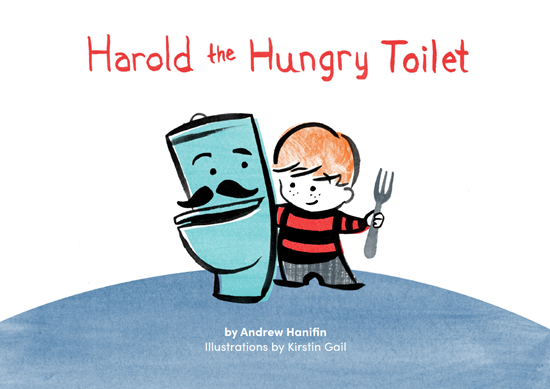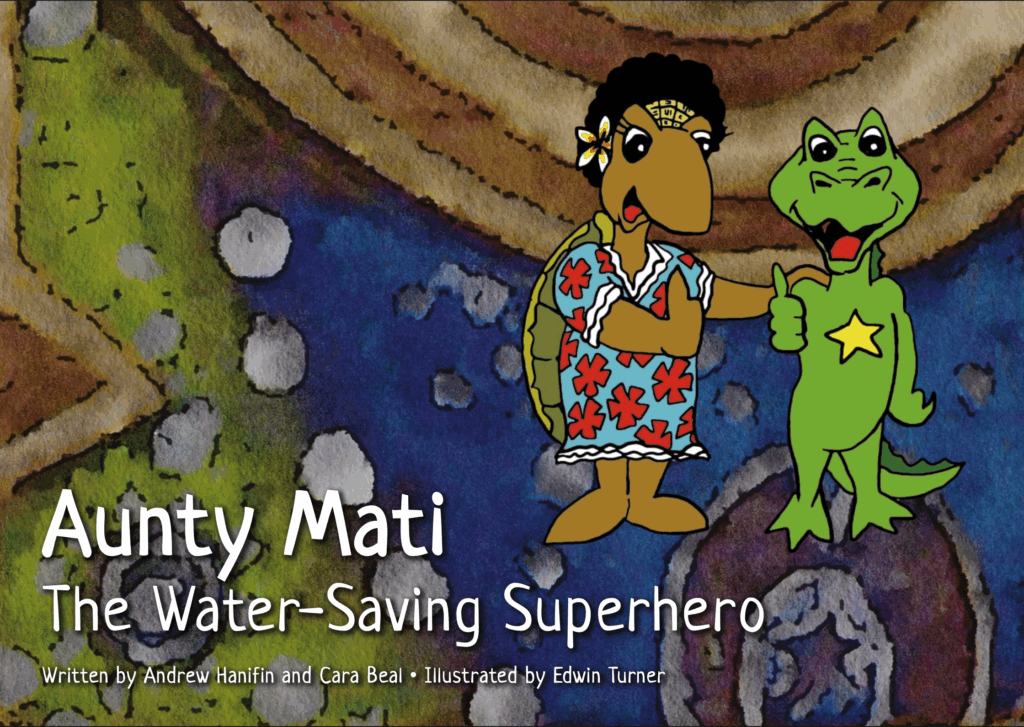The Challenge
During the COVID-19 pandemic, Australia faced an unexpected infrastructure crisis. As toilet paper shortages swept the nation, many households turned to wet wipes as an alternative. Unlike toilet paper, wet wipes don’t dissolve in water—instead, they become caught up in sewer infrastructure, creating massive blockages and costly maintenance issues for water utilities.
This wasn’t just a pandemic problem. Water utilities across Australia continually face blockages and system damage from inappropriate items being flushed down toilets. The challenge? How do you create lasting awareness about the do’s and don’ts of what goes down the toilet in a way that engages families and changes behavior?
The Opportunity
Having always wanted to write a children’s book, I saw an opportunity to combine my passion for storytelling with an urgent community need. During my Certificate IV in Leadership course, I presented the book concept, and it resonated immediately. Working with UnityWater’s communications and marketing department, we brought “Harold the Hungry Toilet” to life.
The Solution
llustrated by Sunshine Coast local artist Kirstin Gail, “Harold the Hungry Toilet” transforms a technical infrastructure challenge into an engaging bedtime story. Harold brings personality and humor to wastewater education, helping children understand what should and shouldn’t go down the loo—without lecturing or scaring them.
The book addresses the core issues:
- What items belong in the sewage system (spoiler: very few!)
- Why wet wipes and other items cause problems
- How children can help protect their community’s infrastructure
- The importance of using only toilet paper
Launch & Reception
Launched in celebration of World Toilet Day, Harold has become a well-loved bedtime story for families throughout the UnityWater service area. The book’s playful approach helps children understand what should and shouldn’t go down the loo in a way that’s engaging rather than preachy.

From Crisis to Education
What started as a COVID-19 pandemic response became a lasting educational resource. By creating awareness during a crisis moment when the issue was highly visible, we captured community attention and created a tool that continues to educate new families years later.
- :pb-1 [&:not(:last-child)_ol]:pb-1 list-disc space-y-1.5 pl-7″>
- Number of books distributed?
- Community feedback?
- Where the book is being used (schools, libraries, etc.)?
- Any measurable changes in community behavior or awareness?]
Key Learnings
This project demonstrated that technical infrastructure challenges can be solved through creative community engagement. By making the message accessible to children through storytelling, we created advocates who influence household behavior and help protect our wastewater systems.
Client: UnityWater
Collaborators: Kirstin Gail (Illustrator)
Year: 2020
Book Availability: Available for download on the UnityWater website – www.unitywater.com/community/education/activity-zone



